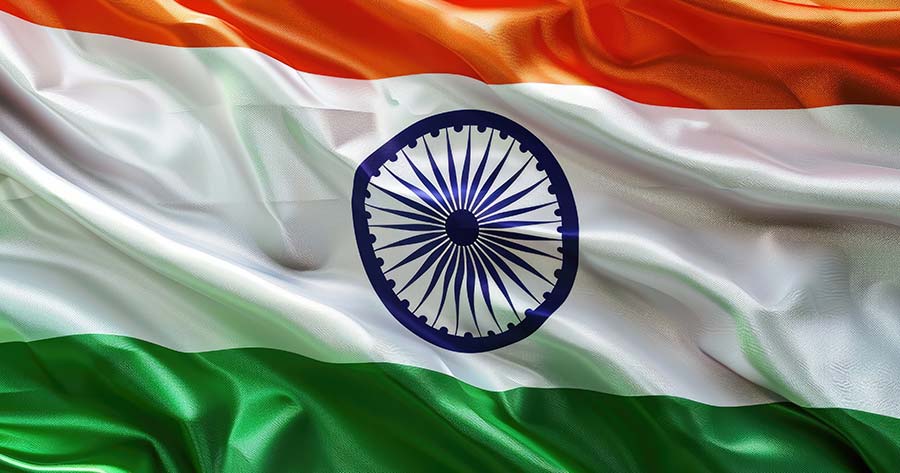The Reserve Bank of India (RBI) is anticipated to reduce benchmark interest rates by 25 basis points to 6.25% at its ongoing policy meeting, which will be concluded on Friday, according to Taimur Baig from DBS Bank.
The expectation is spurred by easing inflation which provides room to support a struggling economy, despite the rupee’s current slump.
In recent weeks, Indian bonds have seen a surge, with the 10-year benchmark yield declining by 16.5 basis points over approximately three weeks to reach 6.664% by Wednesday’s close. This movement comes as traders increasingly bet on an interest rate cut at the February meeting, according to LSEG data.
This would mark the first interest rate cut in almost five years, following the last cut during the pandemic downturn in May 2020. Investors are keenly observing remarks from the new RBI Governor, Sanjay Malhotra, who took office in December, to gauge future monetary policy directions.
Goldman Sachs predicts a quarter-percentage rate cut this week, alongside a shift in the RBI’s stance to an “accommodative” policy from a “neutral” one, with another 25-basis-point cut potentially coming in April.
For the past two years, the repo rate has held steady at 6.5%, as domestic inflation has often exceeded the central bank’s target, peaking above its upper tolerance limit of 6% in October.
Ruhul Bajoria from Bank of America in India notes that a delay in implementing U.S. tariffs provides the RBI an opportunity to prioritize domestic growth and consider cutting policy rates.
The Indian government has consistently reduced its full-year real GDP projections after economic growth fell significantly short of expectations in the quarter ending September, recording a 5.4% increase, the slowest pace in almost two years.
Last month, the growth forecast for the current fiscal year was cut to 6.4% from 7.2% in October, marking the weakest outlook in four years. Meanwhile, the inflation projection was revised upwards to 4.8% from an earlier estimate of 4.5%.
Following a surge past the upper limit in October, India’s consumer price inflation has moderated, settling within the central bank’s tolerance threshold of 6%. It measured 5.22% in December and 5.48% in November.





